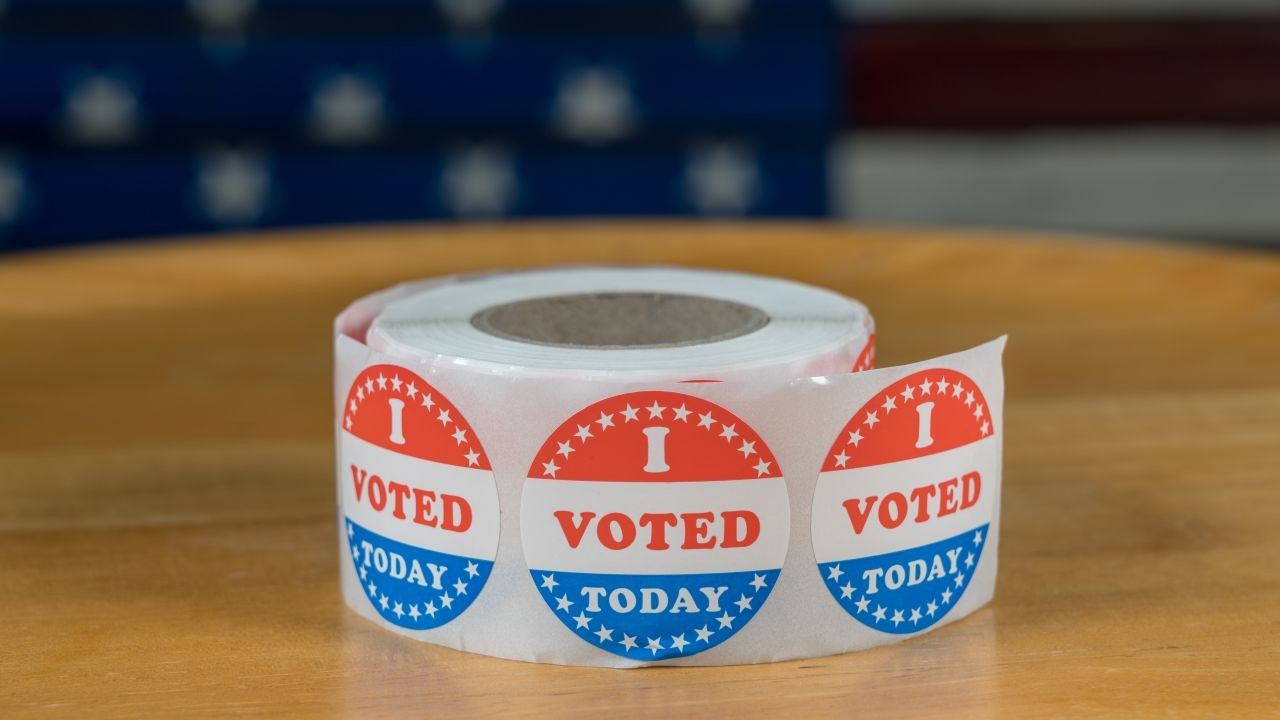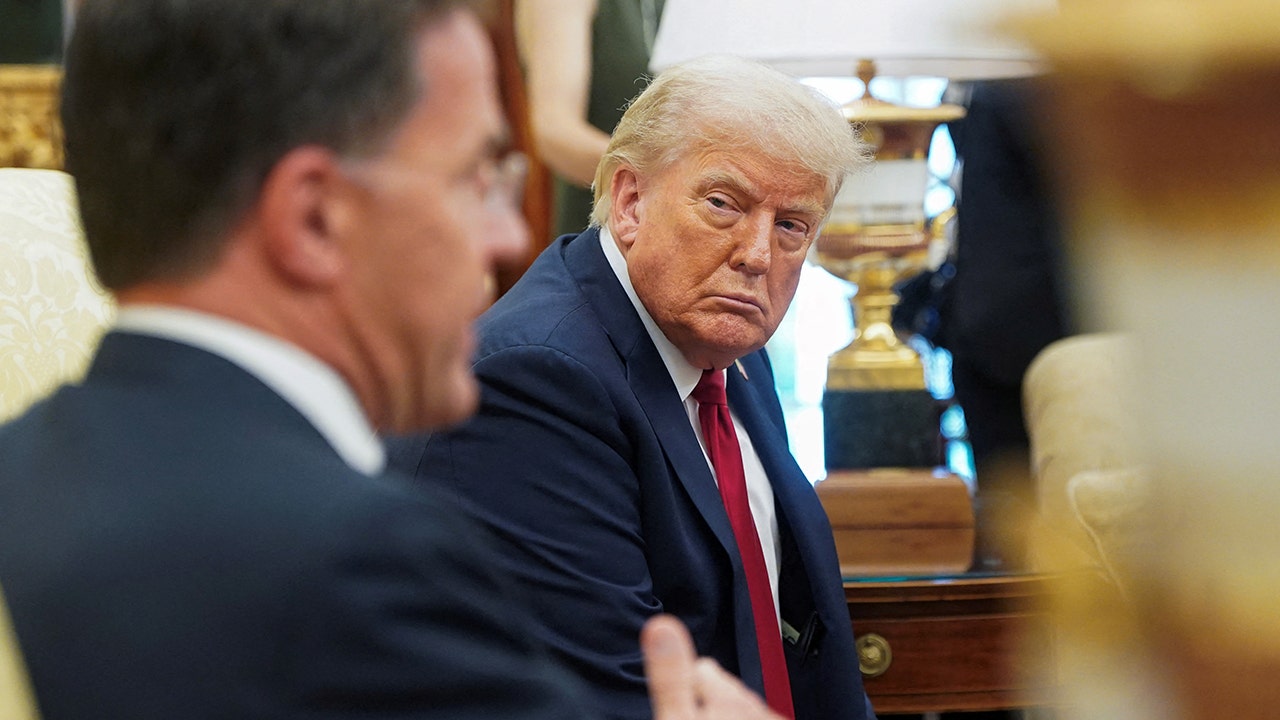The ambitious momentum envisioned during “Crypto Week” in the U.S. Congress has ground to a halt, leaving hopes for transformative cryptocurrency legislation hanging by a thread. Lawmakers had aimed to propel
Did You Know
Your taste buds have a lifespan of about 10 to 14 days, after which they are replaced.
?
AD
several critical bills forward, including the highly anticipated GENIUS Act, which seeks to establish a regulatory framework for digital assets and stablecoins. However, a procedural vote vital to advancing these measures was unexpectedly blocked by a coalition of twelve Republicans, alongside some Democrats, amplifying the already complex narrative surrounding digital currency regulation.
This political quagmire sent shockwaves through the crypto markets, with prices plummeting in response to the legislative setback. Despite a quick recovery following the initial downturn, the event has underscored the delicate balance of power within Congress and the growing uncertainty surrounding the future of cryptocurrency in America. President Donald Trump, a key authority advocating for the bills, stepped in to broker discussions among Republican lawmakers, seeking a resolution that would revitalize support for the stalled initiatives.
The ongoing struggle highlights deeply entrenched divisions within the party regarding the implications of the proposed legislation, particularly concerns over central bank digital currencies (CBDCs) and potential amendments that could alter the original framework of the bills. As debates intensify, what emerges is not just a battle for regulatory clarity but a broader clash of ideologies in a rapidly evolving economic landscape. With so much at stake, the future of cryptocurrency regulation will ultimately depend on how effectively lawmakers can navigate their internal conflicts while addressing the needs of a burgeoning industry.
Q&A (Auto-generated by AI)
What are the key points of the crypto bills?
The crypto bills being considered aim to regulate various aspects of the cryptocurrency market, including stablecoins and the regulatory framework for digital assets. Key points include establishing a clear definition of stablecoins, determining which entities can regulate cryptocurrencies, and addressing concerns about the Federal Reserve potentially issuing a central bank digital currency (CBDC). These measures are intended to create a more structured environment for cryptocurrency operations in the U.S.
How does crypto legislation affect the market?
Crypto legislation significantly impacts market dynamics by providing clarity and stability. When legislation is anticipated, it can lead to increased investor confidence, often resulting in price rallies. Conversely, delays or failures in passing such legislation can trigger market volatility, as seen when prices fell following procedural setbacks in Congress. Clear regulations can also foster innovation and attract investment, while uncertainty may deter participation in the market.
What is the role of the Freedom Caucus?
The Freedom Caucus, composed of conservative Republican members, plays a critical role in shaping legislative outcomes. Their opposition to the crypto bills is rooted in concerns about government overreach and the implications of certain provisions, such as those regarding CBDCs. By blocking procedural votes, they can halt legislation that does not align with their principles, thereby influencing the broader Republican agenda on cryptocurrency regulation.
Why did some Republicans oppose the bills?
Some Republicans opposed the crypto bills due to concerns about the potential implications of the legislation, particularly regarding the GENIUS Act. They feared that the bills could lead to increased government control over the cryptocurrency market or inadequately address issues related to digital currencies. This internal dissent reflects broader ideological divisions within the party, particularly between more traditional Republicans and those aligned with the Freedom Caucus.
What are the implications of stablecoin regulation?
Regulating stablecoins is crucial for ensuring financial stability in the cryptocurrency market. Proper regulation can help prevent issues like fraud and market manipulation, providing consumer protections. It also establishes a legal framework that can facilitate broader adoption of digital currencies. However, stringent regulations may stifle innovation and limit the ability of new entrants to compete, creating a delicate balance that lawmakers must navigate.

















